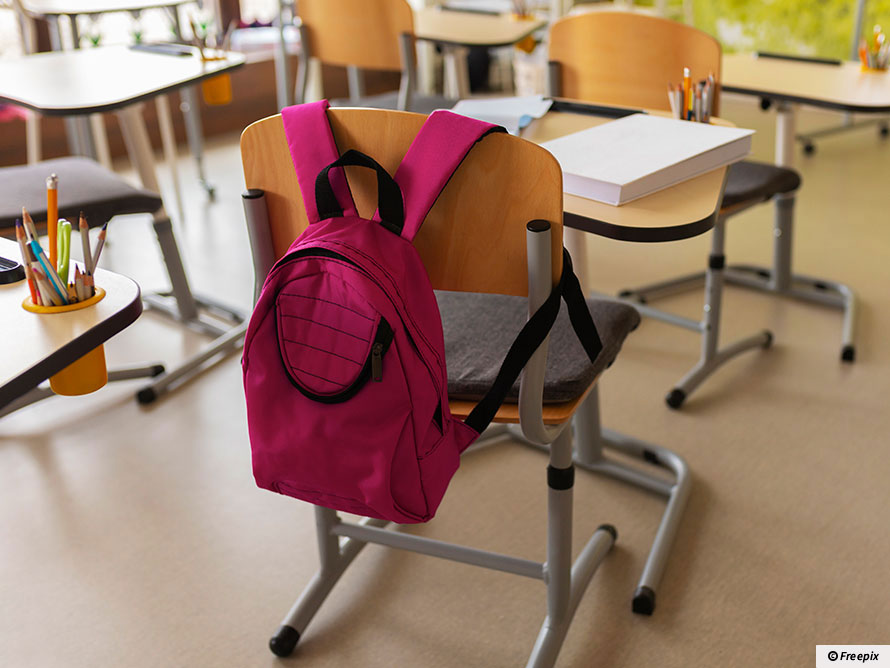Is it the system that’s wrong? The number of children who stopped going to school rose dramatically during the pandemic. But now the lockdowns are over, and they are still not back in class.
Warning bells as school absences skyrocket
 Empty seats: School absences increased during the pandemic but have not dropped down again.
Empty seats: School absences increased during the pandemic but have not dropped down again. Glossary
NHS - The National Health Service, the publicly funded healthcare system in the UK. The NHS was founded in 1948.
Medicalise - Treat something as a medical problem.
Anxiety - A feeling of unease or worry. It can be mild or very severe.
Investing - Putting money into something in the hope of future returns.
